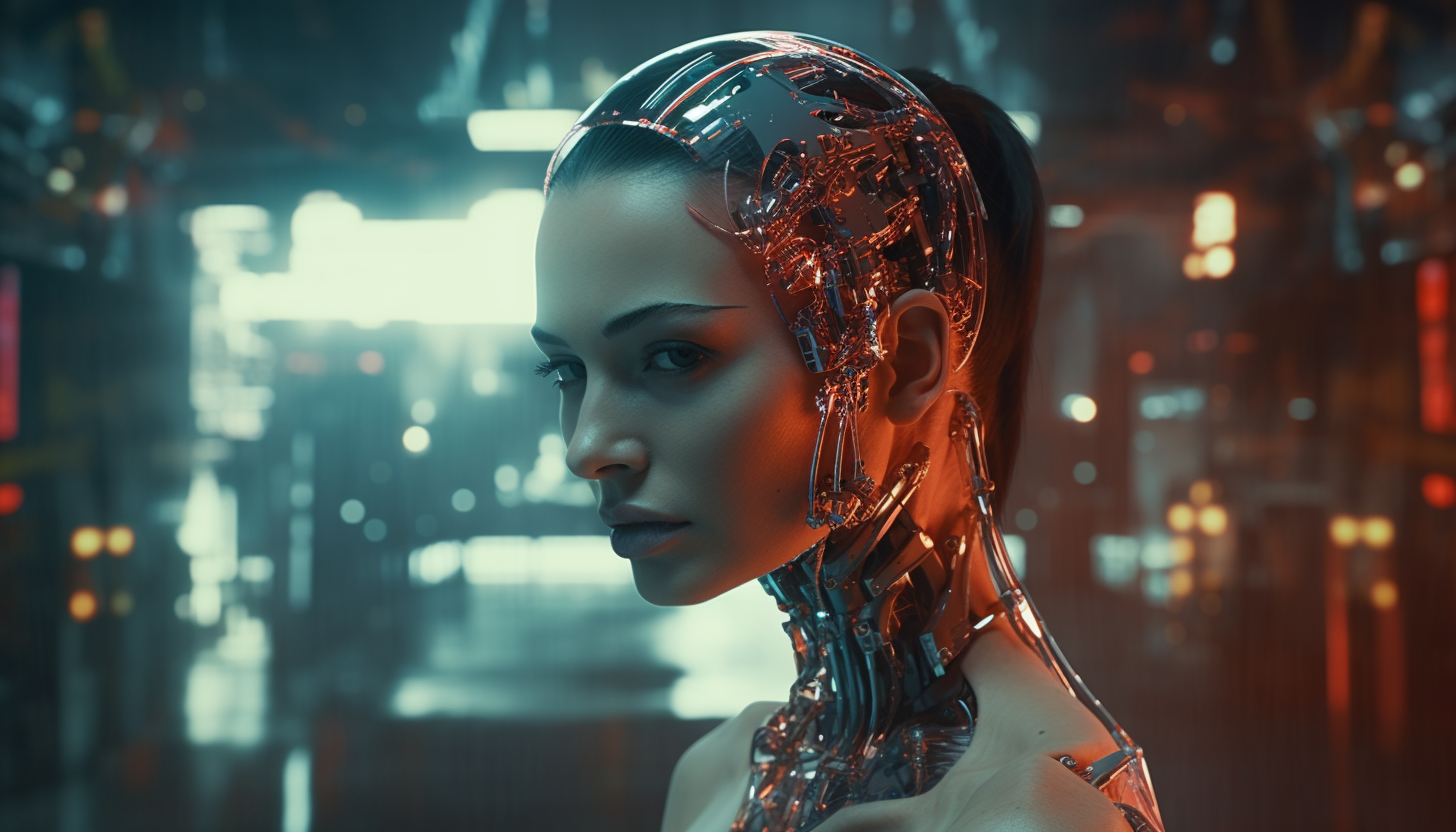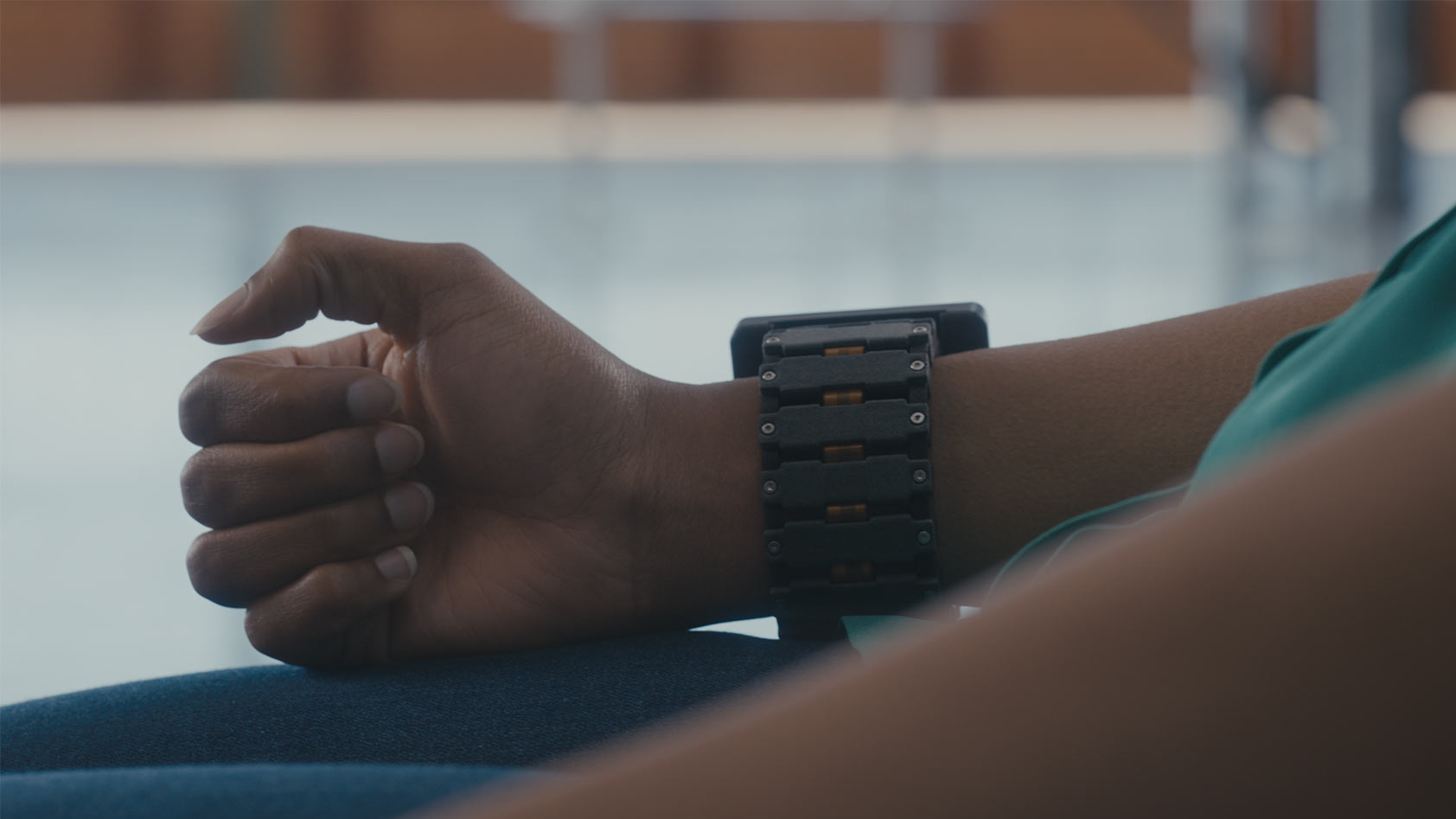Click this link to watch some of the videos

Really incredible stuff from OpenAI
There was also a wired article, but the article was so terribly formatted with ads I'm not posting it
Instead here are the different videos from the wired article with a direct link.

Sora: Creating video from text
openai.com
Really incredible stuff from OpenAI
There was also a wired article, but the article was so terribly formatted with ads I'm not posting it
Instead here are the different videos from the wired article with a direct link.



 Conquered? Has it? I'm not seeing a single example of a complex multisubject text prompt being turned into a video clip, so I'll hold off on my congratulations for a little longer.
Conquered? Has it? I'm not seeing a single example of a complex multisubject text prompt being turned into a video clip, so I'll hold off on my congratulations for a little longer.


 ) a lot of VR headset technology and research obsolete very quickly.
) a lot of VR headset technology and research obsolete very quickly.

